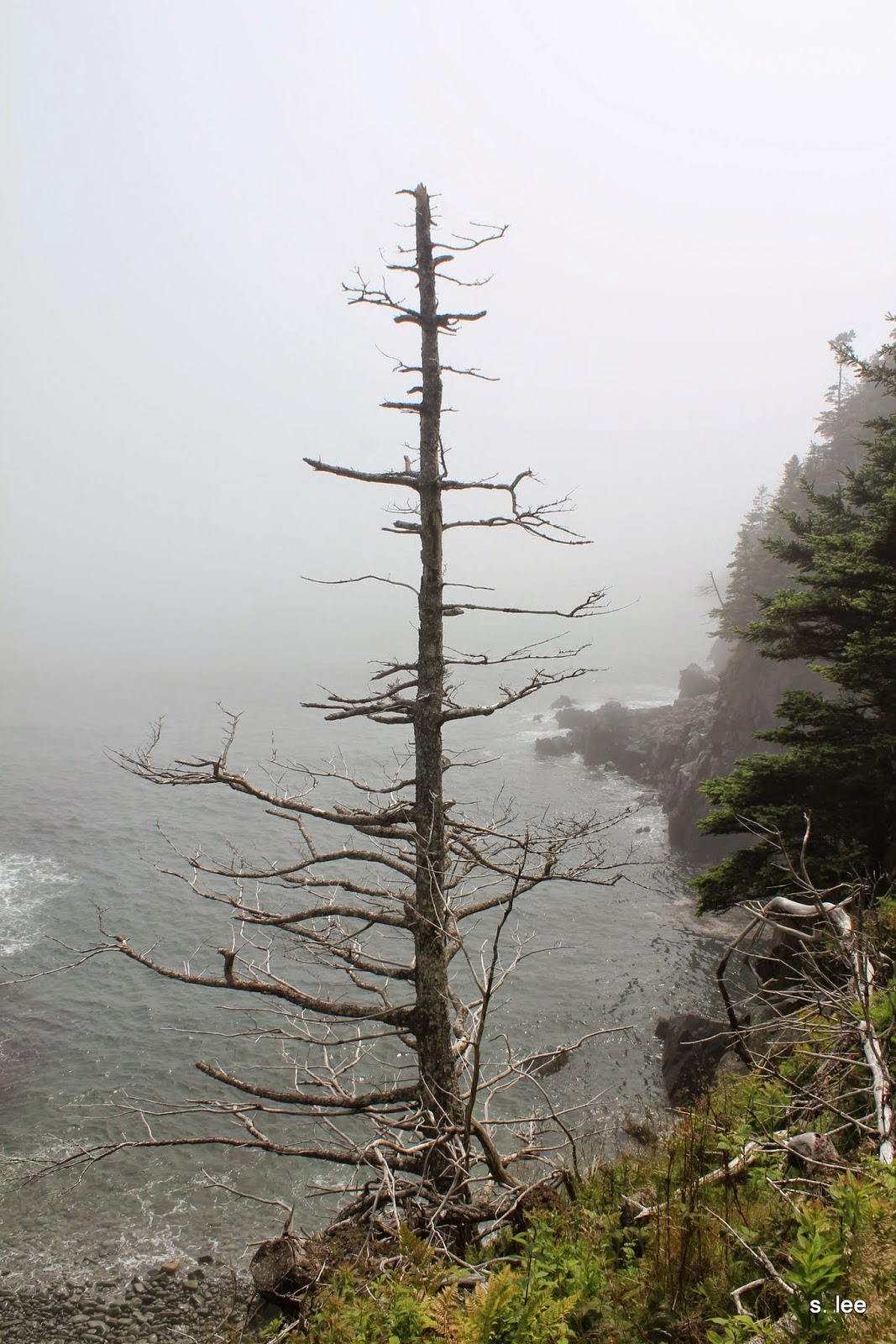…he
became heavier suddenly
in his bones
the way fledglings do just before they
fly,
and the soft pine cracked.
Galway
Kinnell
“Fergus
Falling”
It’s only
mid-September but I glided
on the ice of
our road home last night,
banking right,
the kids asleep in the back
seat, the curve
floating closer
to the pines
the cedar the river in the black
dark, I drifted
and felt
a deep freeze
February when the road’s
clear and there’s
no traffic and I’m a virgin
on skates and
my toes don’t know
where to go or
what to do other than pitch
me on my ass
and isn’t that the only time
we feel
attached
to our spine
when we land
square and the shock speeds
up to the head
and the stunning bumper’s
our only true empathy
to a skunk or a coon
or a moose in
this late drive home when
they’re out
naturally but I’m not, dark is only some-
thing I’ve ever
really slept in and not that
well or much (hardly
ever past two
two-thirty)and
coons especially they’ll stand
briefly human
and seem like a small employee
of some
day-hired road crew, hard-hat, Slow/Stop
sign at their
boot, waving like a tired
Pentecostal,
swaying and keening never
letting go of
the fire even though
they’re the
ones with the stop sign. Traffic’s
never a problem
here. Only crows. And we’ll meet
like old
friends who’ve almost forgotten
one another,
who nod at the post office
or the bank, or
the grocery store, mail or bills
or beans our stop
and slow. A nod. Maybe two.
When I drive by
that coon who stood
up and gave me
the
ghost, waving
goodbye to me like my blind mother
often did after
swallowing her dole
of
morphine I'll think Goodbye, Goodbye as they sway
down,
a tuft of them
staying behind for some other work,
taking the ill
wind up river, when the bend
turns straight,
a quiver of water spilling from its back pocket,
banking on a
great spring thaw
still seven
months (depending on
optimism) up
the road.







